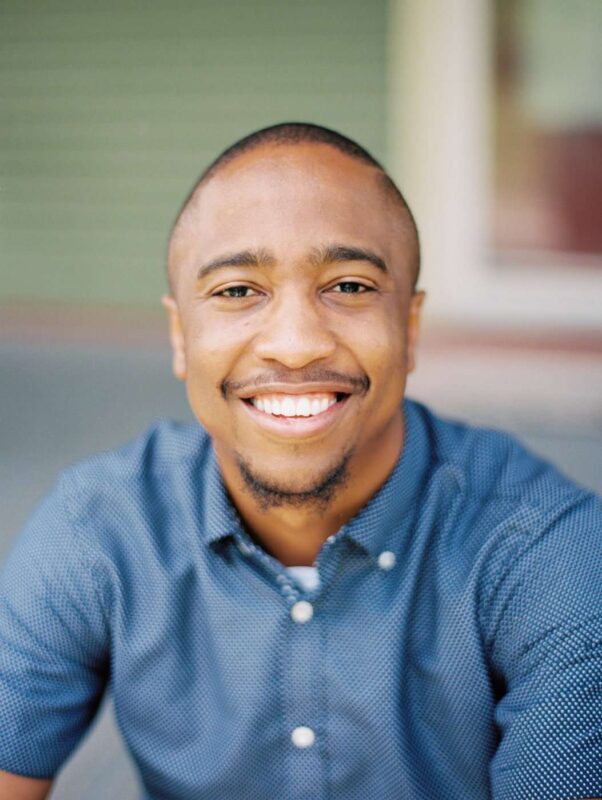Editor’s note—part of what makes conversations about race so difficult is that we seem to talk past each other. This series explores ways important words are used and provides biblical categories for the ideas behind them. Our goal is not to police language but to provide greater clarity. Welcome to, Word Study: Injustice.
“Love. So many people use your name in vain!” These were some of the lyrics in a song by the R & B artist Musiq Soulchild. His point is clear. Love is overused and under-defined. Love is infused with deep meaning, yet when we employ it without ever defining what it is, it’s almost like we have a word on our vocabulary payroll that isn’t able to do its job properly because their job description hasn’t been drafted.
There’s another word that needs a defined role—justice. Or more importantly in our day—injustice. People use it all of the time without actually defining it. Some use it as a way to call out an offense. Others use it as a way to explain their pain. Some would say it must be eradicated. Others would say it can’t be—not in this life any way. For some it is a way to draw the line between political camps. For others it is a way to draw the line between theological camps. What you say or don’t say about injustice can mean the difference between you being with ‘us’ or against ‘us’. If it means that much, then surely it should be defined.
It is helpful to define injustice in relation to its linguistic relative, unrighteousness, that is less like a distant cousin and more like a twin. How can you tell the difference between injustice and unrighteousness? It’s almost like trying to tell the difference between Tia and Tamara on the 90’s show Sister, Sister! You can’t tell at first glance. You have to have watched the show for a while, or known them personally, to start to tell the difference. Once you familiarize yourself with the difference, it’s difficult to mistake them again.
Well, if we want to tell the difference between injustice and unrighteousness biblically, we can’t glance at one verse, but we must look at the corpus of Scripture.
Look at these examples from the major prophets:
- Isaiah 1:17 “…learn to do good; seek justice, correct oppression; bring justice to the fatherless, plead the widow’s cause.”
- Jeremiah 22:3 “Thus says the LORD: Do justice and righteousness, and deliver from the hand of the oppressor him who has been robbed. And do no wrong or violence to the resident alien, the fatherless, and the widow, nor shed innocent blood in this place.”
- Ezekiel 22:29 “The people of the land have practiced extortion and committed robbery. They have oppressed the poor and needy, and have extorted from the sojourner without justice.”
In all of these cases, injustice is tied to evil enacted by the powerful against the powerless—the fatherless, widow, resident alien, poor, needy, sojourner—all who have relatively no ability to defend themselves.
So, what’s the difference between unrighteousness and injustice? The difference can really be summed up in one word—power. Power can be seen in things like authority, strength, societal influence, etc. It’s why two men fighting might grieve us (unrighteousness), but a man “fighting” a woman would anger us (injustice). It’s why if my 9-year-old daughter punches me in the face she should be punished (unrighteousness), but if I were to punch my 9-year-old daughter in the face I should be imprisoned (injustice). It’s why seeing a civilian kill another civilian might shake up our psyche (unrighteousness), but seeing a police officer suffocating George Floyd shook up our world (injustice). Before God we are all culpable for our unrighteousness and capable of injustice. And while our unrighteousness alone makes us deserving of eternal damnation, God seems to have a unique fierceness against injustice.
Why is this the case? Isn’t sin…well…sin? Yes, it is, but injustice is uniquely antithetical to God’s Grand Story. For God who is all-powerful didn’t use His power to inflict pain, but to enact justice. This is clearly seen in the justifying death of Christ. But Jesus’ death wasn’t only for the victim of injustice but for the villains who caused it. In all of us, there are moments where we have had authority, strength, or societal influence and either used it for wrong or didn’t use it for good. Yet Christ died for us as well. We are all simultaneously needy and negligent, victims and villains, sinners and sufferers—so Christ died a suffering death as a sinner to save us from it all (1 Peter 3:18). This is perfect justice enacted by the powerful God and we should look to His justice to rightly understand its antithesis. Prayerfully by doing this, we can reclaim the true meaning of this word and give justice its job back.
Prayer Requests
- Pray for churches going into an unprecedented election season with unparalleled division that they would not be consumed by vain discussions, or quarrelsome spirits.
- Pray that God would use this time to help the church recapture its commitment to Biblical unity based on John 17 and Ephesians 4:1-7.
- Pray that we would learn what it looks like to “do justice” in our nation; not to pay lip service to it on the one hand, or to use the hope of the coming work of Christ as a reason not to act all. (Micah 6:8)












